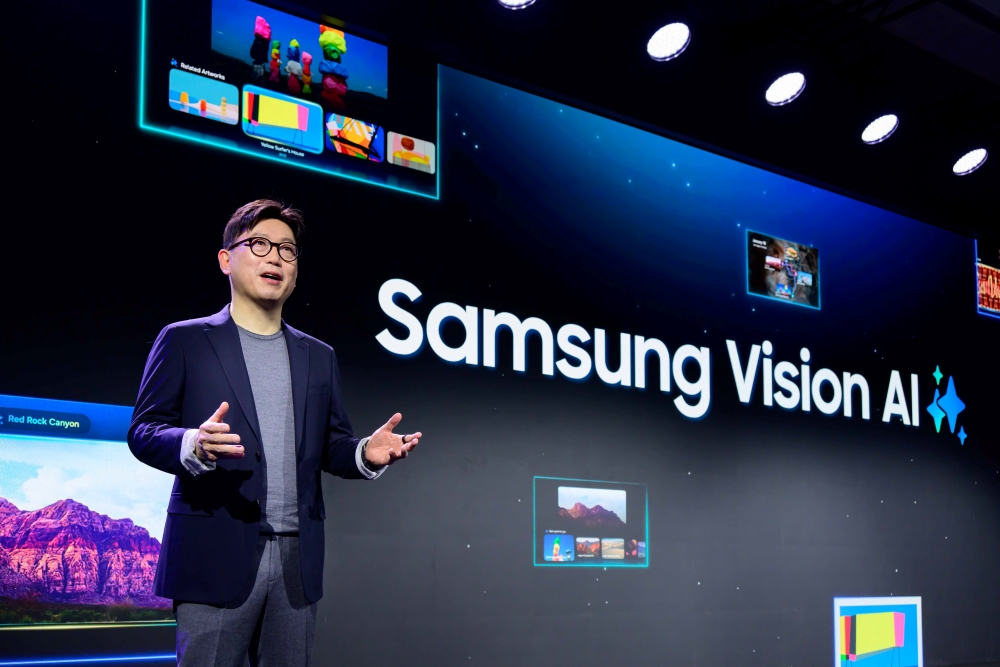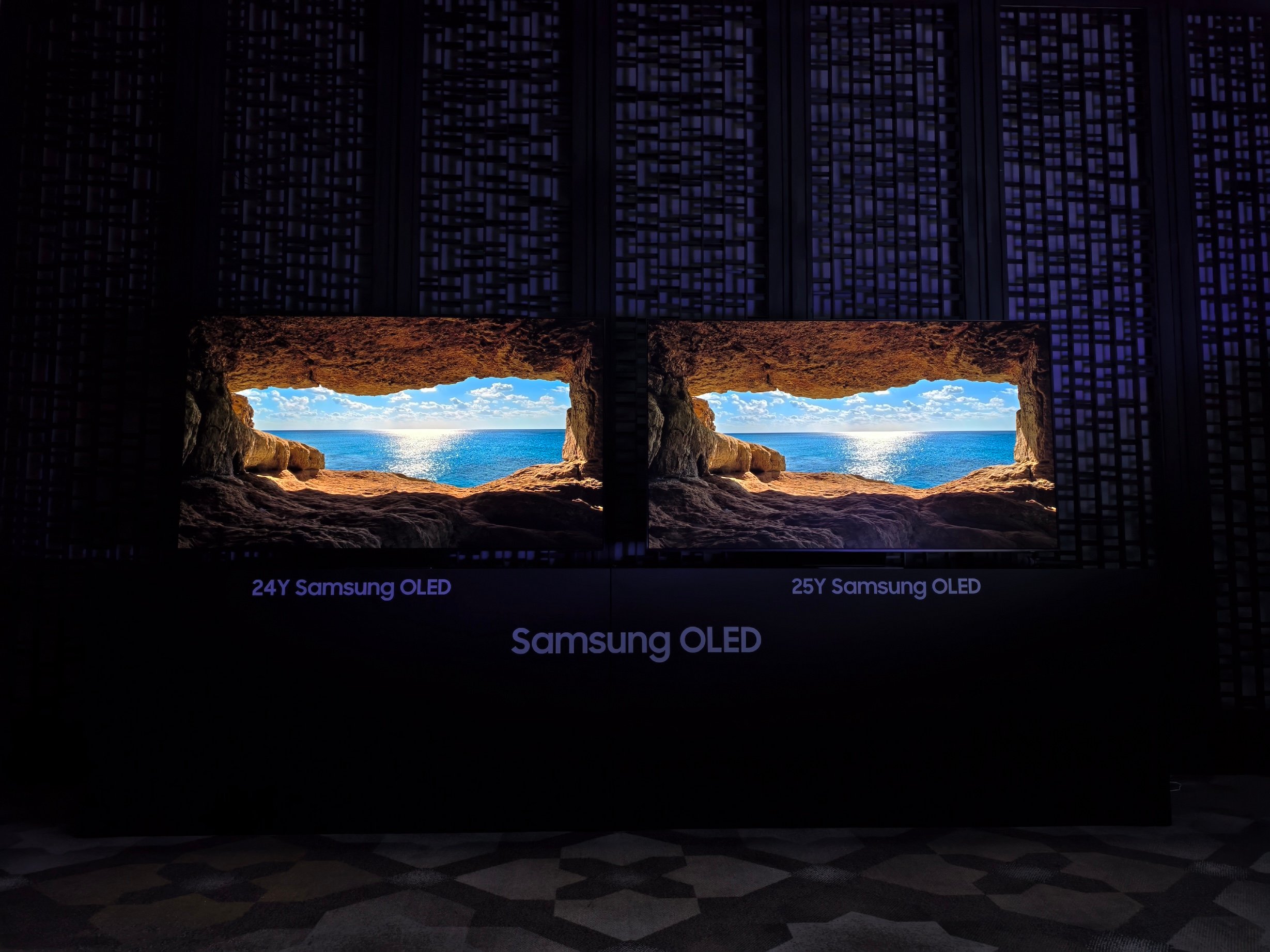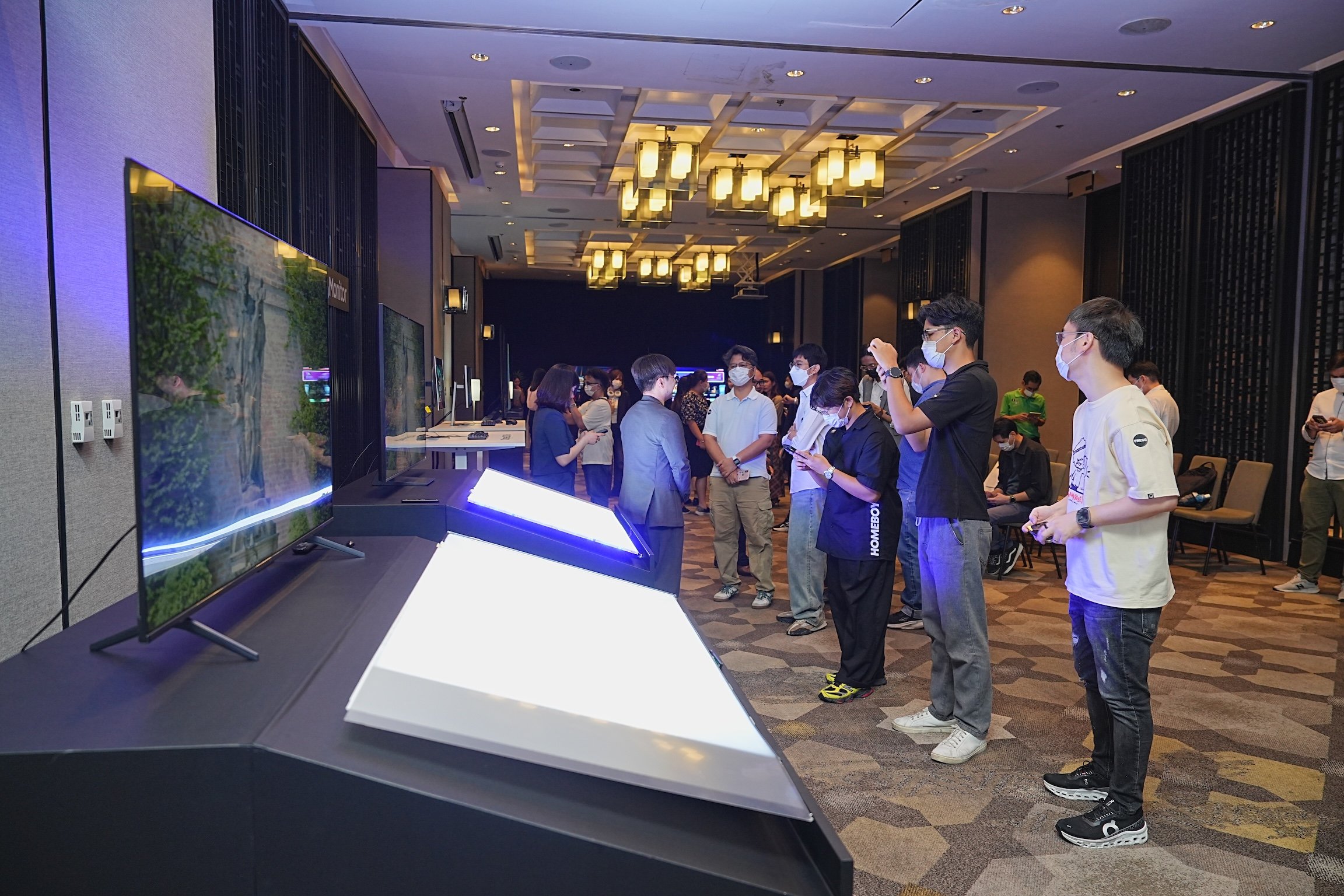
Editor
Jodee Tan chevron_right
Televisions (TVs) have long been a primary source of media and communication broadcasts from as early as the 1930s, pushing their existence into the near ripe age of a century. Yet, in the last decade, we've observed a soft decline on the requirement for regular televisions in homes, let alone the latest advanced televisions.
Instead, there's the increasing interest for smarter TVs that are just as adaptable as smartphones, largely thanks to the gaining popularity of streaming platforms (requiring access on the internet), pushing leading brands to adopt smart TVs as a base requirement in their simplest best-selling models.
Not to forget, the rising interest in full-fledge sports channels and high quality shows as well as movies have also contributed to the steady demand for smart TVs which are now considered a multimedia hub in homes.
The modern concept of today's smart TVs is actually pioneered by none other than Samsung. No doubt that due to Samsung's history and experience, as well as capacity to conduct highly-articulated research and development, they've also pioneered some of the best display technologies around, contributing to higher awareness of what it means to own a specific LED technology screen such as QLED, OLED, Neo QLED and 8K.
Now, with rising awareness for AI and its capabilities to better software enhancement in products, Samsung's ready to take it to the next step: Advanced AI for TV.
Why Samsung Vision AI Should Be The New Norm

The new Samsung Smart TV series for 2025 is built with Samsung Vision AI, the intelligent platform that does deep learning to understand your screen's environment.
Utilising AI, Samsung TVs from the Neo QLED 4K, OLED, and QLED TV lineups will optimise content that's being displayed according to specific circumstances such as room size, lighting and content type, in order to learn and adapt to user behavior.
Vision AI also works to provide intelligent modes for the best viewing experience at any situation, such as AI Customisation Mode, AI Auto Game Mode, and AI Energy Mode, focusing on delivering the best possible performance while maintaining energy usage and LED efficiency.
Harnessing AI and internet connectivity, Samsung TVs also seamlessly integrate with the SmartThings ecosystem, turning your TV into a central hub for your smart home devices. With that, Samsung smart TVs are optimal starting points for those who wants more than just a big screen to live in their living rooms.
And because of advanced development into software use with Vision AI, Samsung TVs are now available with 7 years of operating system and security support.
Samsung QLED Versus OLED

More interested and existing smart TV consumers are aware of the different pictures they get. At the very least, picture quality and smart features are some of the top priorities in where shoppers will choose to maximise the value on a TV.
For those who are not familiar, an OLED has now become the standard TV panel type in place of the regular LED panels in TVs.
LED (Light Emitting Diode) technology is when the TV has an entire panel with a group of pixels, using backlight to illuminate the screen to produce images. Meanwhile, OLED (Organic Light Emitting Diode) technology is able to produce perfect blacks because each individual pixel in an OLED display emits its own light. This means when an image requires black, they turn off rather than "illuminate: black, demonstrating their energy efficiency and colour accuracy.
And now, QLEDs are becoming the new OLEDs as to how they became the replacement of LEDs.
On top of OLED technology, QLED TVs use "quantum dots" to deliver superior color accuracy, brightness, and wider viewing angles. They are more resistant to "burn ins" which is a common mishap to the OLED. Because they are able to efficiently enhance the perfect level of brightness in many scenarios, QLEDs are actually perfect for sunny environments like Malaysia.
Samsung QLEDs Are Different

Now, here's the catch: not all "QLED" is created equal, and they are not the same as higher-tier OLED panels as well. Although it's gaining traction among other TV brands to adopt the best possible OLED technology, Samsung has shared how different their QLED panels are for another reason.
Compared to other brands, Samsung’s genuine QLED TVs use quantum dots to deliver superior color accuracy, brightness, and wider viewing angles. They also utilise blue LED technology in their QLED panels to display a full RGB colour spectrum, making colours more accurate and longer-lasting in their lifespan.
An important point that other brands have not touched on is eye-health and safety usage. Aside from being certified with Real Quantum Dot Display by TUV-Rheiland, Samsung's QLED TVs are also certified as cadmium-free, which is a big deal for environmental and safety-conscious Malaysians. This distinction is vital because a cheaper, non-authentic "QLED" might look good on paper, but could fall short on performance and safety in your living room.
Energy efficiency is also optimised on Samsung QLED panels (with 8K resolution) while maintaining a detailed picture quality of over 8 million bright pixels.
Takeaway: We Should Be Keeping Our Smart TVs For Longer

Samsung's message isn't just about achieving the finest picture. Enthusiastically, Samsung maintains education and knowledge is just as important in order for TV consumers to make a fair evaluation when they shop for the "right" screen of their choice.
Main point, the best smart TV does not equate the most interesting features with the biggest screens. Instead, beyond picture quality, the longevity a user gets out of their TV is just as important.
Looking to incorporate more lifestyle use out of a smart TV is an expectation and right for consumers. Hence, lifestyle features (with the help of Vision AI) and health (with proper eye-care certification) is what Samsung aims to deliver in its latest and next product lineups to come.
This article is part of a mini-series about our personal exprience at Samsung's Visual Display Seminar 2025, where we got to look at and learn about TV trends and usage feature. To get specific insights about products, security use, software and features, visit the list of recommended articles below.
Stay updated with ProductNation on here, Instagram & TikTok.
Related recommendations
